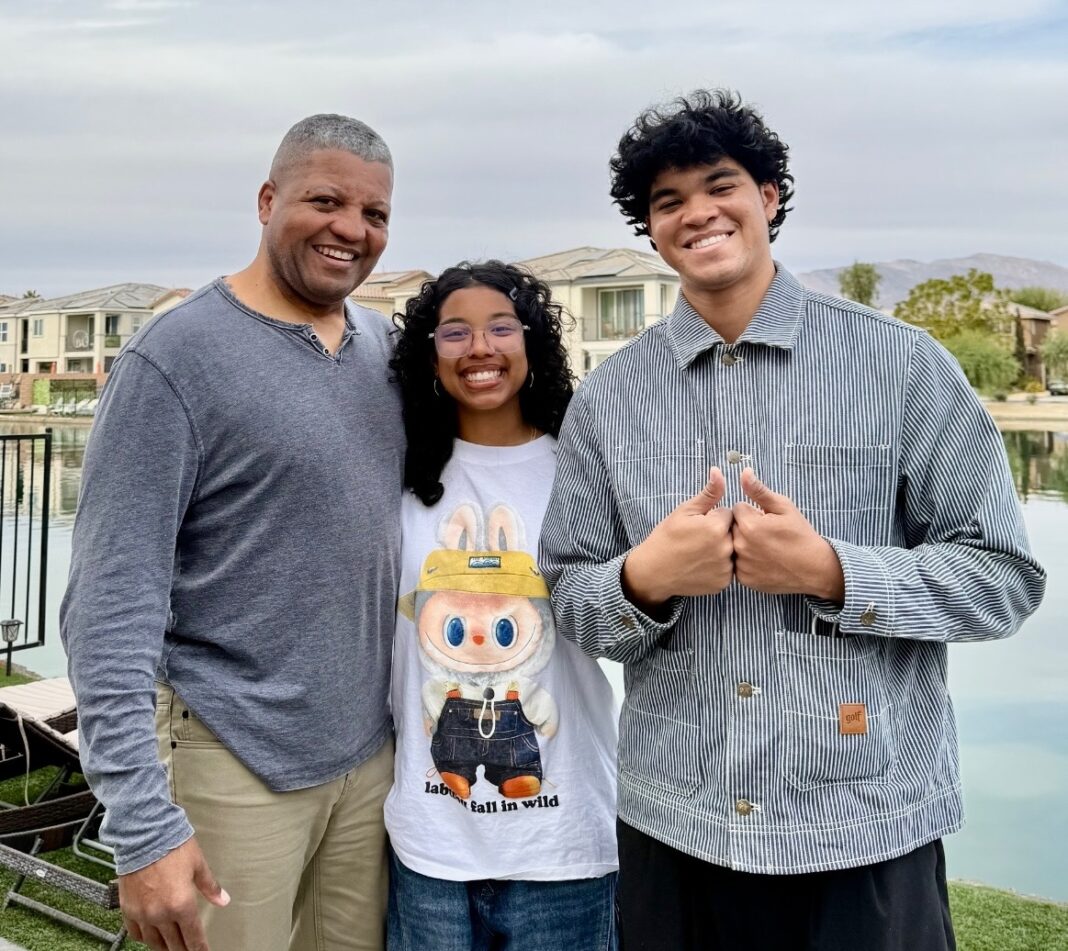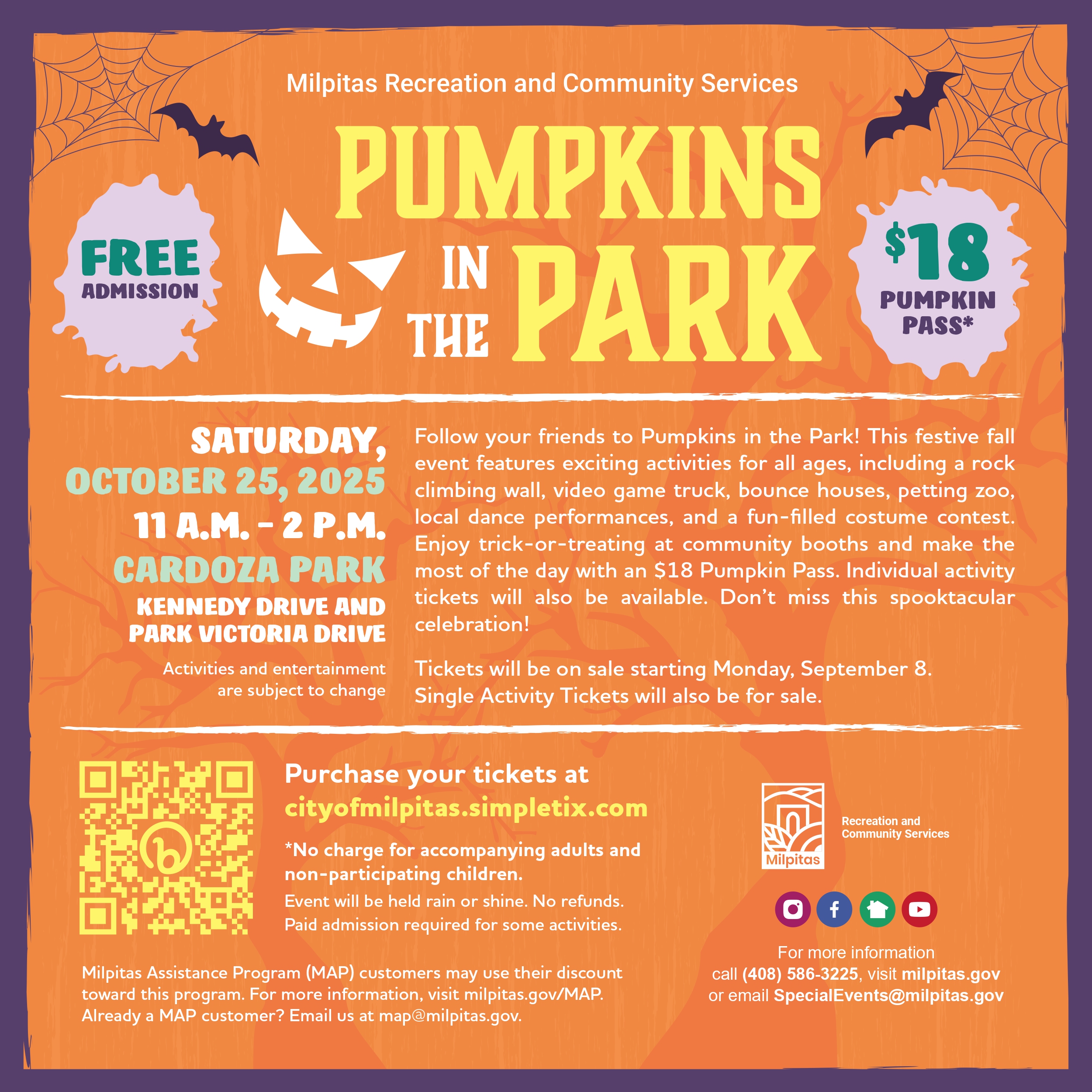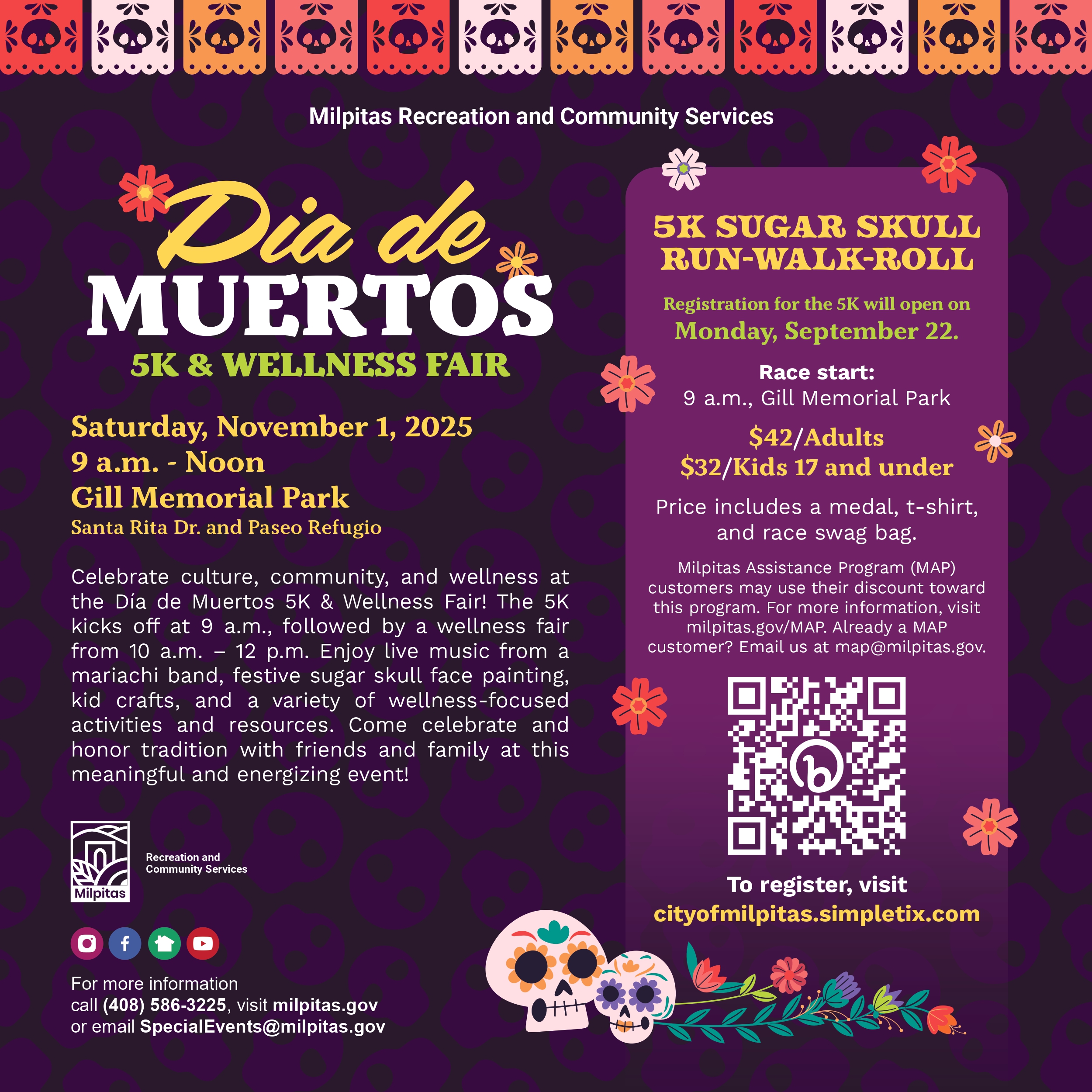Kevin’s name popped up on my phone, and I hesitated before answering as I was mid-order at my favorite coffee shop.
My order is the same every day, so my nod to the barista was sufficient, as I stepped outside. I answered with our standard greeting, ‘What’s up, brother man?!’
He responded in kind, but I could hear unease in his tone.
After a long pause—which felt like minutes but was only seconds—his voice was unsteady and cracking: “I have stage four pancreatic cancer.”
You know those instances where you feel like you are in a dream? That was me. Then came his next words, “Can your sister help me find a doctor or a clinical trial?”
To provide context, our friendship of nearly two decades had always been built on real alpha male energy; topics ranged from money making ideas, material purchases and attractive conquests. So understandably, this moment was in stark contrast, but I quickly shook it off and slipped into my comfort zone—the savior—offering help, answers and bravado. What I couldn’t have anticipated was how Kevin’s impending battle would shift not only his life but mine as well, teaching me lessons I never thought I’d be open to receiving. This story is about those deeply personal lessons that revolve around quality of life and abundant blessings.
Kevin’s diagnosis changed everything about how we communicate. The surface level topics were replaced with personal and authentic dialogue.
Now, every word is deliberate—full of wonderment, transparency, and depth. He starts our conversations by asking about my kids and my well-being. Two phrases stand out: “Thank you for being my friend,” and “I love you, man.”
Simple words, but so profound, a little unsettling and disarming. The first time I heard them, it was within the same conversation and I was rendered speechless; I am not embarrassed to admit I felt a vulnerability that had my heart beating out of my chest. Kevin’s sincerity has taught me the power of intentional communication. I’ve become more aware of my tone and words—not just with him, but with everyone, with an emphasis on those I care about. Conversations now carry empathy over judgment, vulnerability over avoidance, with active listening becoming a non-negotiable. Kevin has shown me that words, when spoken with intention and care, can positively transform relationships and lives.
Kevin sees every single moment as a blessing. Whether it’s taking an unassisted step, completing a wall push-up, or reading to keep his mind sharp, he reminds me daily that time is precious. Before this awakening of sorts with Kevin, I often started and stopped with goals, with many languishing by the wayside with a promise to myself of re-engaging at some point.
“I’ll do it tomorrow” had been uttered throughout the decades; embarrassingly I think the ability to get by became more important than thriving. Now, I live with urgency—not out of fear, but from gratitude and a deep appreciation of life. I now approach my goals with passion, strategy, and a sense of joy that had been unfamiliar. I have made time for writing projects and I have experienced a breakthrough with learning Portuguese, which makes my heart smile. Kevin’s fight has shown me that every day is an opportunity to be fully present, to take action, and to cherish the prolific joys we so often take for granted.
I touched on this above but it is necessary that I flush out what it meant to me when Kevin first said, “I love you, man.”
Truth is that vulnerability had never been part of our relationship, or any of my relationships, for that matter. But in that moment, I saw the depth of his sincerity—and It weakened and subsequently cracked the walls I had built and kept guarded since childhood. Love, I’ve learned, is not about grandiose gestures. It’s about showing up, speaking truth, and holding space for those who matter most. I now tell my kids, my sister, and my closest friends, “I love you,” and it comes from my soul. If there’s one takeaway, it’s this: Never underestimate the power of love freely expressed—it can change lives, including your own.
How many know someone who has suffered a tragedy or hardship, became religious, and turned their lives around only to resort back to their old ways after the storm passed?
I was cautiously optimistic of Kevin’s transformation. At first, I thought his faith was born out of desperation and fear. But over the course of many months I watched him pray, study scripture, ask for forgiveness, forgive—himself and others—I realized his faith was real. It gave him peace, strength, and acceptance, all things that were foreign in our world previously. Through Kevin, I’ve learned that faith isn’t about perfection. It’s about hope—believing in good outcomes while accepting life’s uncertainties. For the first time, I’ve let go of resentment, released judgment—albeit reluctantly at first—and begun to forgive many, including myself. Faith, as Kevin has shown me, is not about certainty—it’s about grace in the face of uncertainty.
Eighteen months later, Kevin’s battle continues—and so does his impact. He may not realize it, but he’s given me the greatest gift: a new way to live. Through him, I’ve learned to speak with love, value my time, cherish my relationships, and embrace faith.
To anyone reading this, I hope Kevin’s story inspires you as much as it has inspired me. Say the words you’ve been holding back. Take the step you’ve been procrastinating about. Love openly, live fully, and, as Kevin has shown me, “Be grateful for every single moment of every single day!”
*Kevin’s name has been changed to protect his privacy.
Author Marlon Ransom, single father to Skylar and Tyler, avid coffee enthusiast and lives in Los Angeles, CA.








